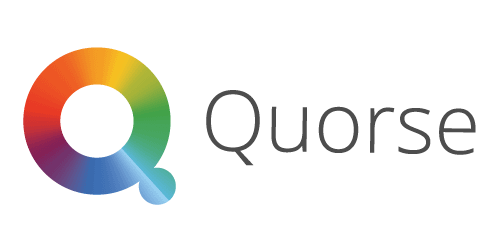To succeed with agile, teams and organizations should focus first on “being agile” as a foundation for success in “doing agile.” Agile fundamentals learning objectives delve into key concepts such as adaptive planning, value-driven development, team collaboration and frequent feedback for continuous improvement. The course also covers the history of agile, the agile manifesto, the agile principles, and some widely applied frameworks and practices. The workshop will also focus on the most popular Agile Framework, Scrum. Students come away with a solid understanding of core concepts as they prepare to embark on their agile journey. Consequently, participants leave the course more confident in five key areas:
Participants learn by lots of collaborative activities and training facilitator focuses on individual and interaction than theory. Participants work in small teams to learn and play all the roles to understand importance of Scrum Team.
Agenda will be flexible enough to incorporate class feedback at the end of every sprint. Workshop will have demonstration on how to manage agile project in one of the tools such as Trello or Jira and participants will have opportunity to practice in during training.
Facilitator will use relevant sample project to simulate agile project execution using Scrum and Kanban.
4.5
A passionate Lean-Agile Coach with over 15 years of experience, I work with professionals, teams and organizations helping them in their pursuit of agility. I also work with Management and CoEs within an organization to build and drive agile transformation strategies at various levels within the organization. I support multiple scrum teams and enable them to become self-organizing units. Help them to identify challenges, dysfunctions and facilitate them to overcome those challenges. I mentor, teach and coach Scrum Masters, Development Team, Product Owners and Business professionals to understand agility and make the best use of it. I also facilitate various initiatives like brown bag session, practice guilds, hackathons etc. which help teams to focus on improving various aspects starting right from technology to process. Having spent more than half of my career as developer, I understand the value of creating quality software. This works as a guidance for me when I work with teams and enable them with practices like clean code, pair programming, TDD etc. and make them realize the benefits of quality software delivery. As a Professional Scrum Trainer with Scrum.org, ICAgile Authorized Instructor and SAFe Program Consultant (SPC 5.0) with Scaled Agile, I bring in my experience from consulting and coaching to train professionals on agile values, principles and frameworks like Scrum, SAFe, Kanban and Agile Coaching. So far have trained over 1000 happy professionals. My trainings are focused on value delivery rather than content completion. I understand that adults learn in a different way and hence I make use of different techniques like creating visualizations, connecting context, concrete practice etc. to ensure that participants not just learn but understand the concepts.
FREE QUOTATION!
THIS PUBLIC COURSE INCLUDES
*T&C Applies
5
5
5
Awesome Trainer!5
Owesome5
Agile and scrum fundamental bootcamp5
Great Agile and scrum bootcamp5
Excellent trainer & course!5
5
5
5
Good program for employees5
5
5
5
5
5
5
5
Training4
4
4
4
4
4
4
Informative course4
4
3
Live chat, call or email, we’re here for you

Since its inception in 2009, Quorse, pronounced as “Kor-Say,” has been dedicated to revolutionizing the way you search for and engage with training courses.
As a comprehensive training search engine, our mission is to simplify the process of sourcing courses, making it effortless and efficient for you. Our extensive database, available 24/7, houses over 5000 courses spanning a variety of fields and disciplines.

Sign Up to Bookmark your Favourite Course
or Request for a Quotation instantly
Sign in with your social account
or
By signing up, you agree to our Terms of Use and Privacy Policy